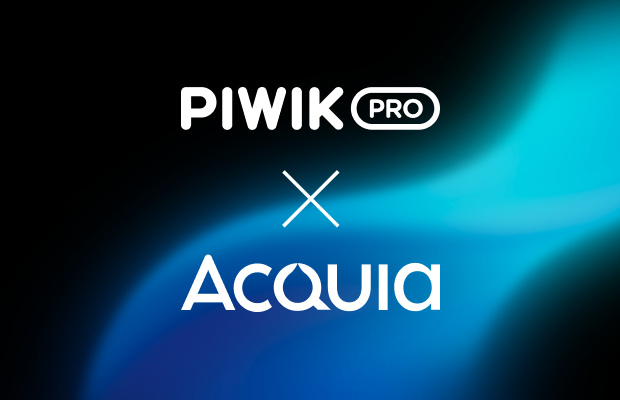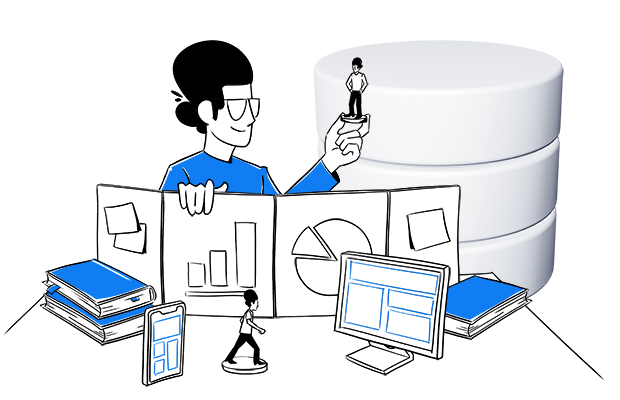The Health Insurance Portability and Accountability Act (HIPAA) is a restrictive data security law regulating US healthcare organizations’ use of protected health information (PHI). Covered entities and business associates handling US patients’ PHI are subject to HIPAA.
The Department of Health and Human Services (HHS) doesn’t formally recognize the certification, it can be issued by private companies that specialize in HIPAA certification. HIPAA certification is not an obligatory training program; it is granted after a successful audit. The HIPAA certification audit proves that healthcare organizations met the standards of HIPAA and didn’t violate HIPAA guidelines at the time of the audit. It must be noted that HIPAA certification doesn’t mean the organization is HIPAA compliant. Third-party auditors give the certification, while the official HIPAA compliance process must be completed internally to properly secure patients’ data and avoid penalties and fines.
The course is not official but may better prepare a facility and its workers for achieving and maintaining compliance. It also may serve as a confirmation to patients and business associates that the organization is patient-first and approaches PHI with privacy and care.
Learn more about HIPAA:
HIPAA certification
-

Piwik PRO recognized as the Emerging Partner of the Year by Acquia
Organizations in regulated industries face a persistent challenge: they need sophisticated analytics and personalization to stay competitive, but must also meet strict requirements around data protection and user consent. For teams using enterprise digital experience platforms, this often means choosing between powerful marketing tools or compliance-first approaches. We’ve been working to solve this through our…
-

Banking website analytics for financial services: Tracking without compromising customer trust
You don’t have to choose between insights and trust – modern banking analytics can deliver both when implemented correctly. This article explores best practices and recommended steps for banking website analytics, as well as ways to avoid common pitfalls to ensure compliance without sacrificing the quality of insights.
Other definitions
Recent posts from Piwik PRO blog
- Piwik PRO recognized as the Emerging Partner of the Year by Acquia
- Banking website analytics for financial services: Tracking without compromising customer trust
- Five things every marketer should know about web analytics in 2026
- First-party analytics without consent: Your Digital Omnibus compliance guide
- University website personalization: First-party data strategies for student recruitment and retention
- Digital marketing in the energy sector: Key challenges and fixes
- From Customer Data Platform to Data Activation: Why we’re evolving our approach
- Life after Google Analytics: Why EU organizations are going local







